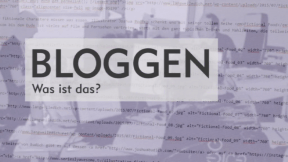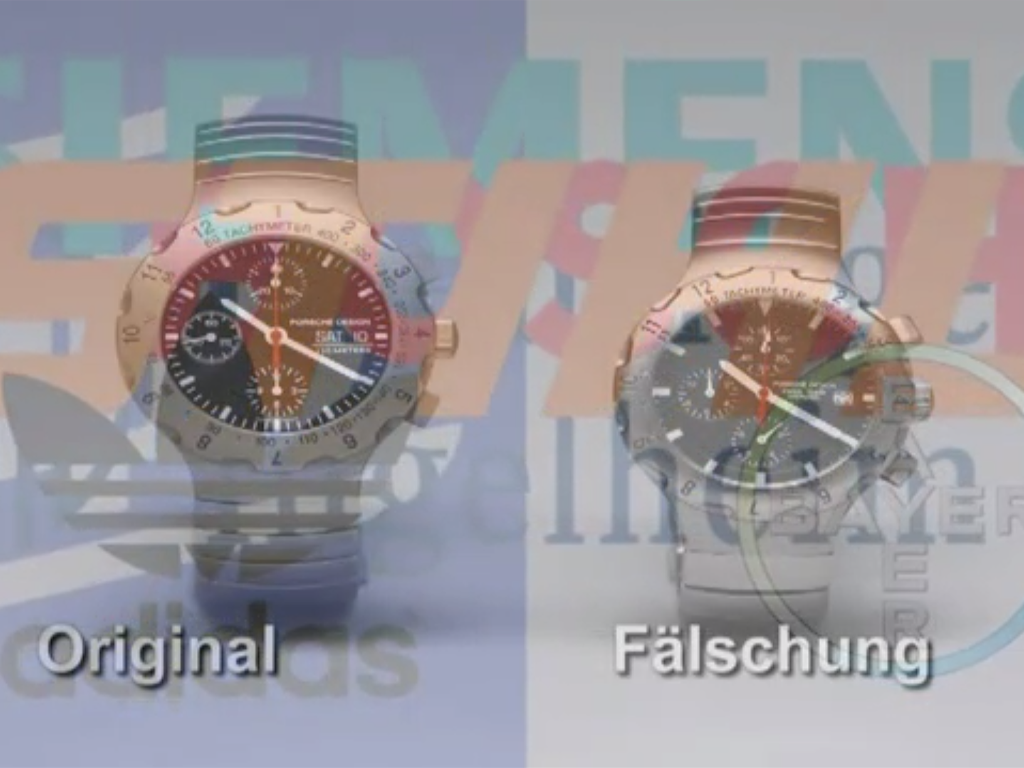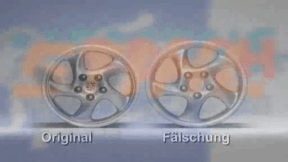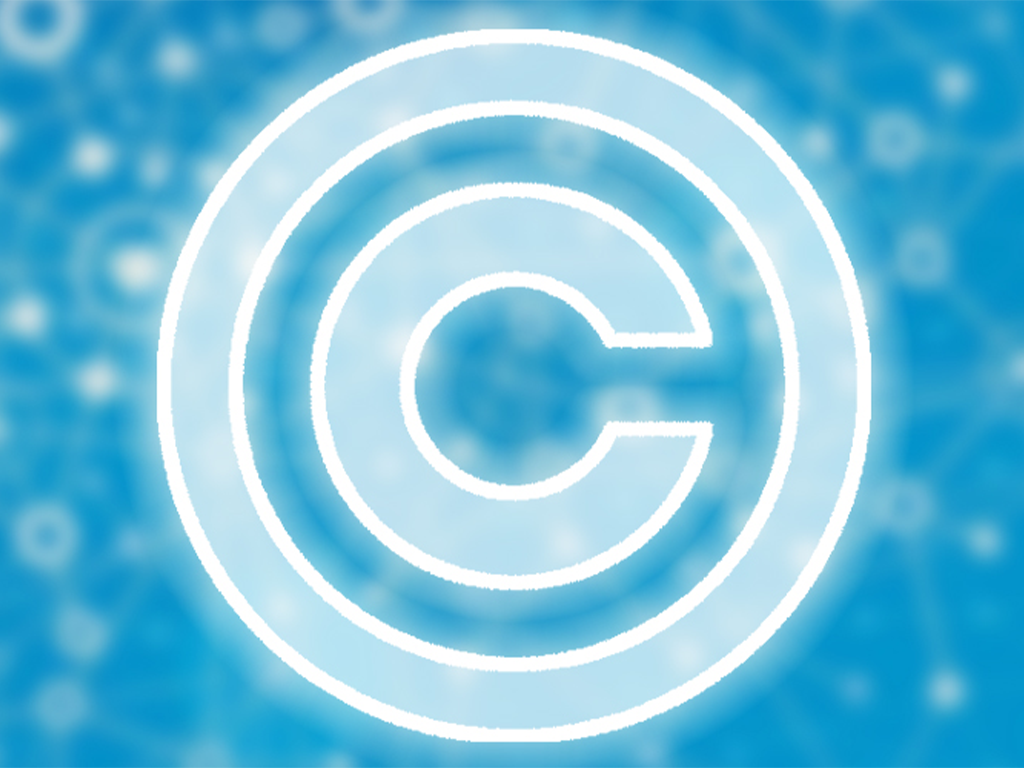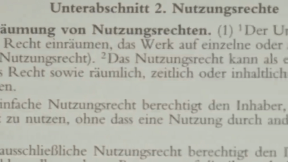 Society
Society
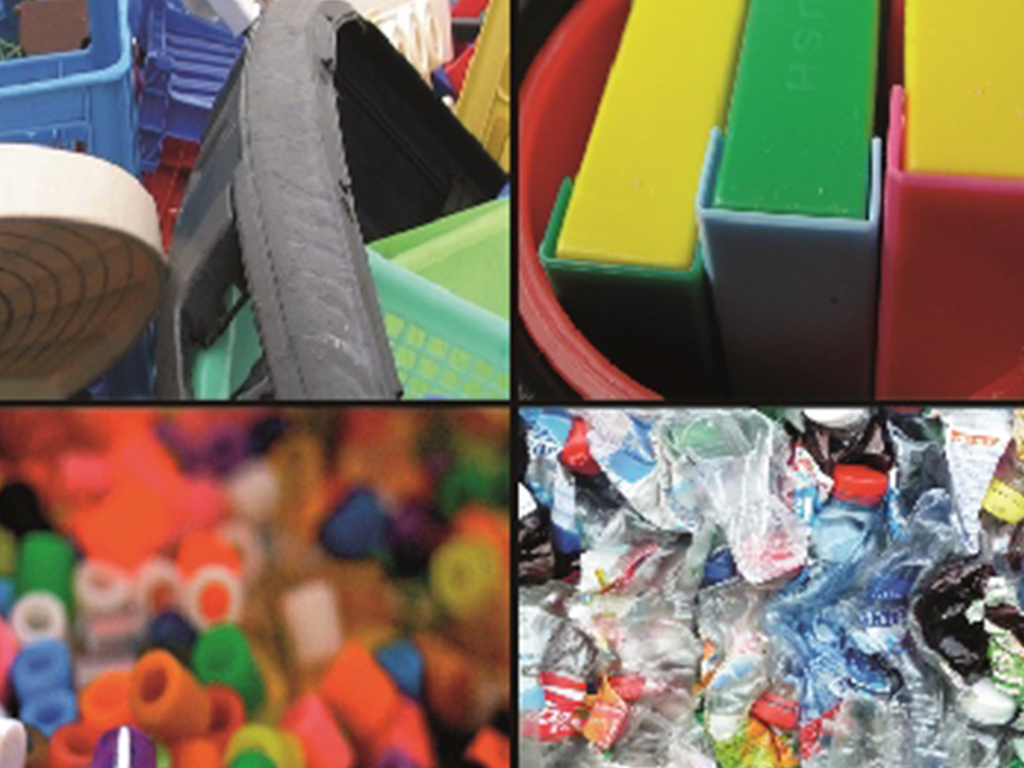

4670856 / 5560962
Geht es auch ohne?
Plastik, Strom und Sonne
Ist es Joey überhaupt möglich, einen ganz normalen Einkauf zu tätigen, ohne dass Plastik in ihrem Einkaufswagen landet? Das Moderatoren Duo macht die Erfahrung, dass es eine Welt ohne Plastik kaum gibt. Unser tägliches Leben wird durch Plastik bestimmt: vom Smartphone, den Schuhen bis hin zur Softdrinkflasche und auch dem Fernseher. Das große Problem des Plastikmülls ist die schlechte Recyclingfähigkeit. Plastik hat als Müll eine extrem lange Lebensdauer und ist insbesondere in Länder ohne funktionierendes Recycling ein nicht gelöstes Umweltproblem.
Fero und Grit machen im Selbstversuch die Erfahrung, dass es uns – verwöhnten – Konsummenschen zwar möglich ist, ohne Strom, ohne Plastik, gar ohne Sonne und auch ohne Lügen auszukommen. Was jedoch möglich ist, ist nicht auch realistisch. Die Einschränkungen im Alltag sind gewaltig und der Mensch als Gewohnheitstier und Mitläufer bei allen technischen Neuheiten, ist kaum in der Lage allen Annehmlichkeiten im Alltag zu widerstehen. Selbst einen Tag mal nicht lügen, fällt extrem schwer. Ein Student macht die Erfahrung, dass mit der vollen Wahrheit doch jede Freundschaft, Liebesbeziehung und selbst das Studium auf sehr tönernen Füßen steht und die von uns allen gern und effizient verwendete Notlüge das Leben wesentlich einfacher und gestaltet.

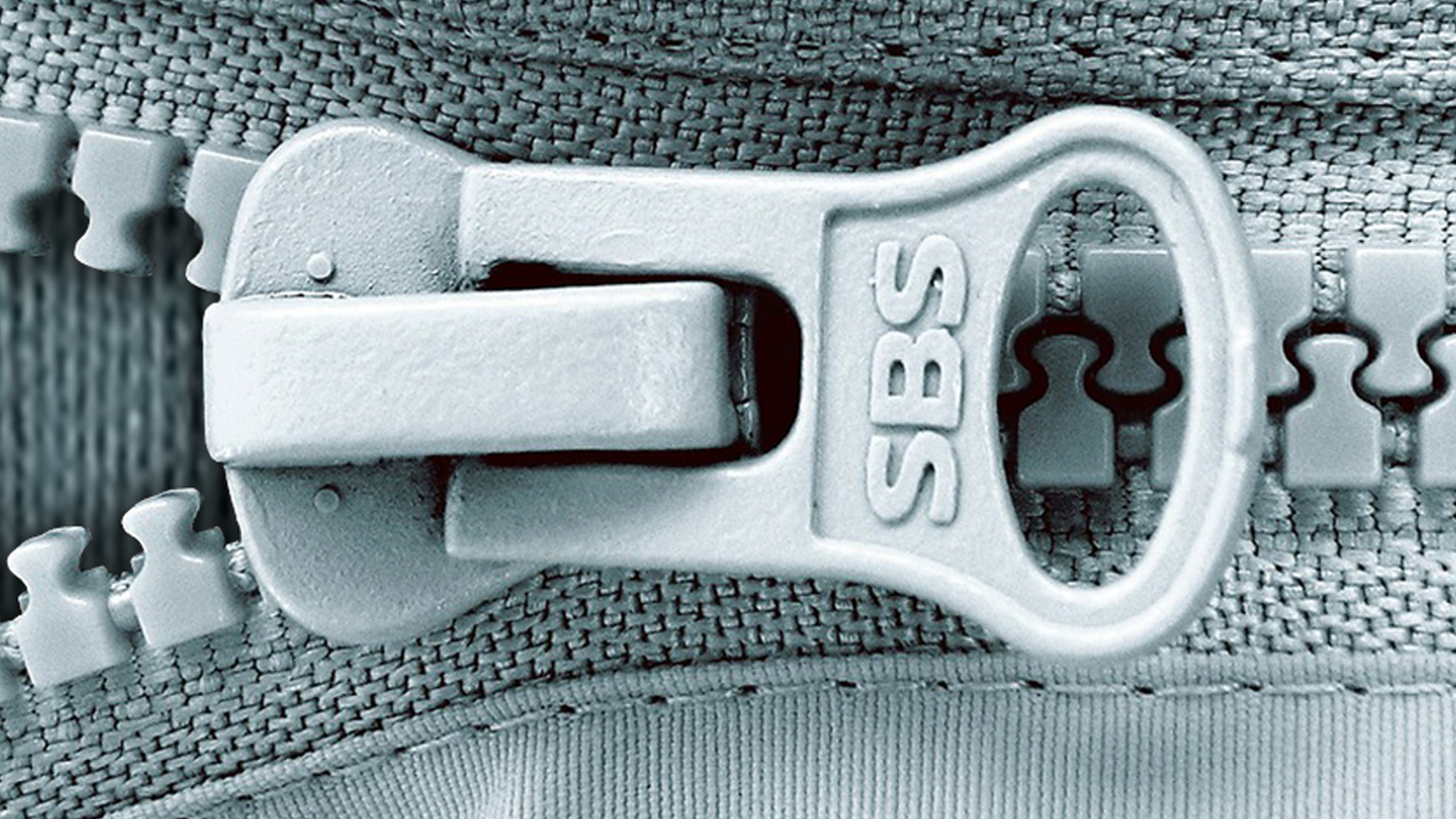
Curriculum-centred and oriented towards educational standards
Matching
Blogging
The weblog or blog, for short, as a medium is not much older than this century. Blogs came into being in the World Wide Web as ’messages from below’, as web pages from web creators who wanted to share their view of the world with the world. They are short notes, long texts, pictures, videos, which are posted loosely and at random intervals to the world for an undefined public.
Product Piracy
Counterfeiting takes place in almost all economic sectors – textiles, watches, car parts, machine parts, tools, accessories, software and medicines. Some counterfeits are easy to recognise, others are so well-executed that even experts have difficulty distinguishing between original and imitation. This DVD covers the development of a product from idea to manufacture. Once a product has become a trademark, product pirates appear on the scene.
Copyright
Copyright is subject to constant change to keep up with technological advances. This film enables the viewer to grasp the basic principles of this extremely intricate matter. By way of introduction, the film defines what an author is, what kinds of works there are and how long a work is protected on principle. Then the fundamental rights of an author are cited and it is shown how these are exploited in our times. In the third chapter, the respective rights are illustrated by way of practice-oriented examples of books, photos, music and films. Here, of course, an emphasis is laid on the field of education, taking into account the latest case law within the EU and Austria in particular. A further chapter highlights the problems arising with the Internet and goes into the citation law and pirate copies. All in all, in this way the viewer is made familiar with the most important basic terms and their meanings. Comprehensive worksheets and additional accompanying material invite us to deepen our knowledge of the subject.





